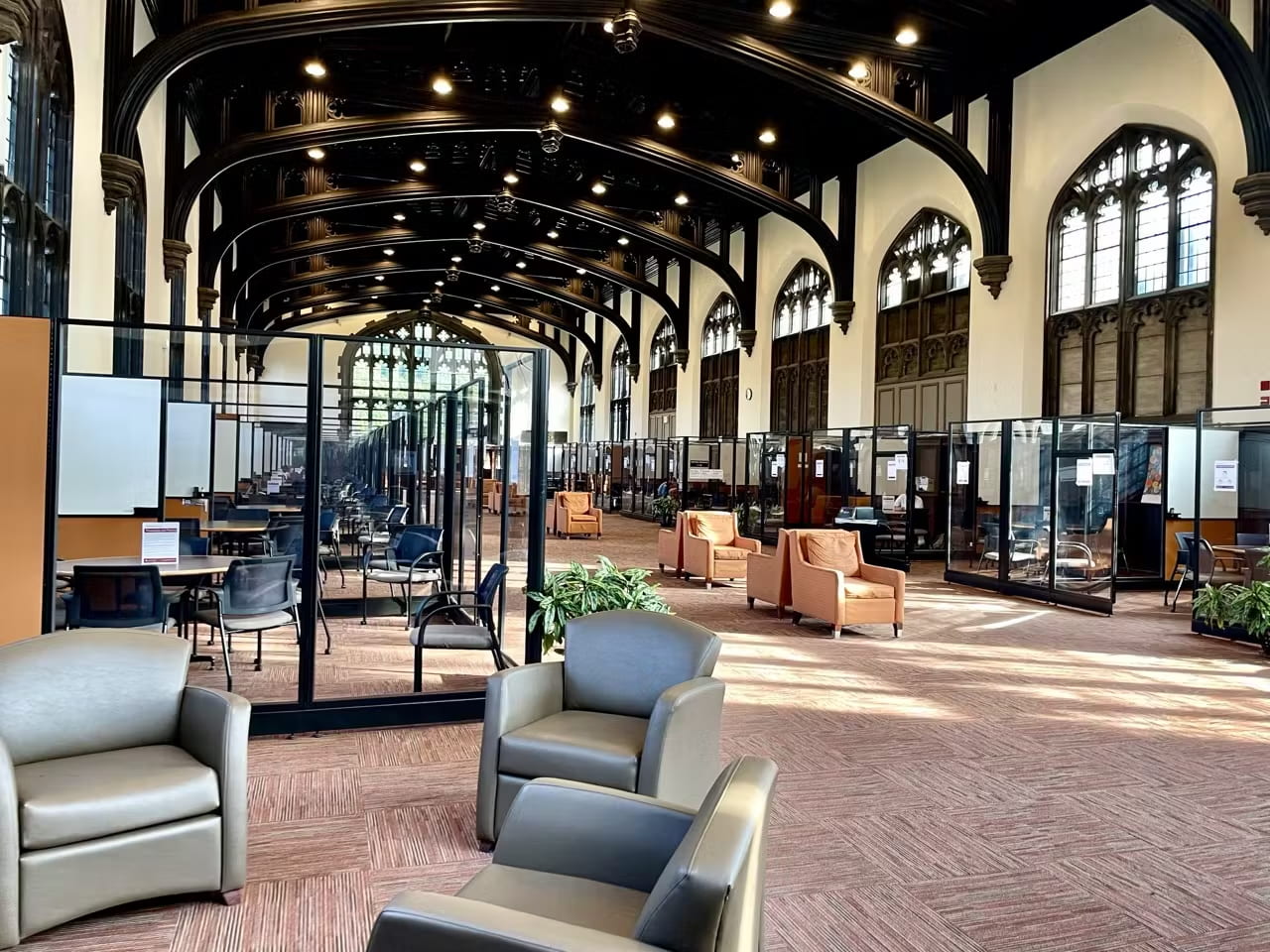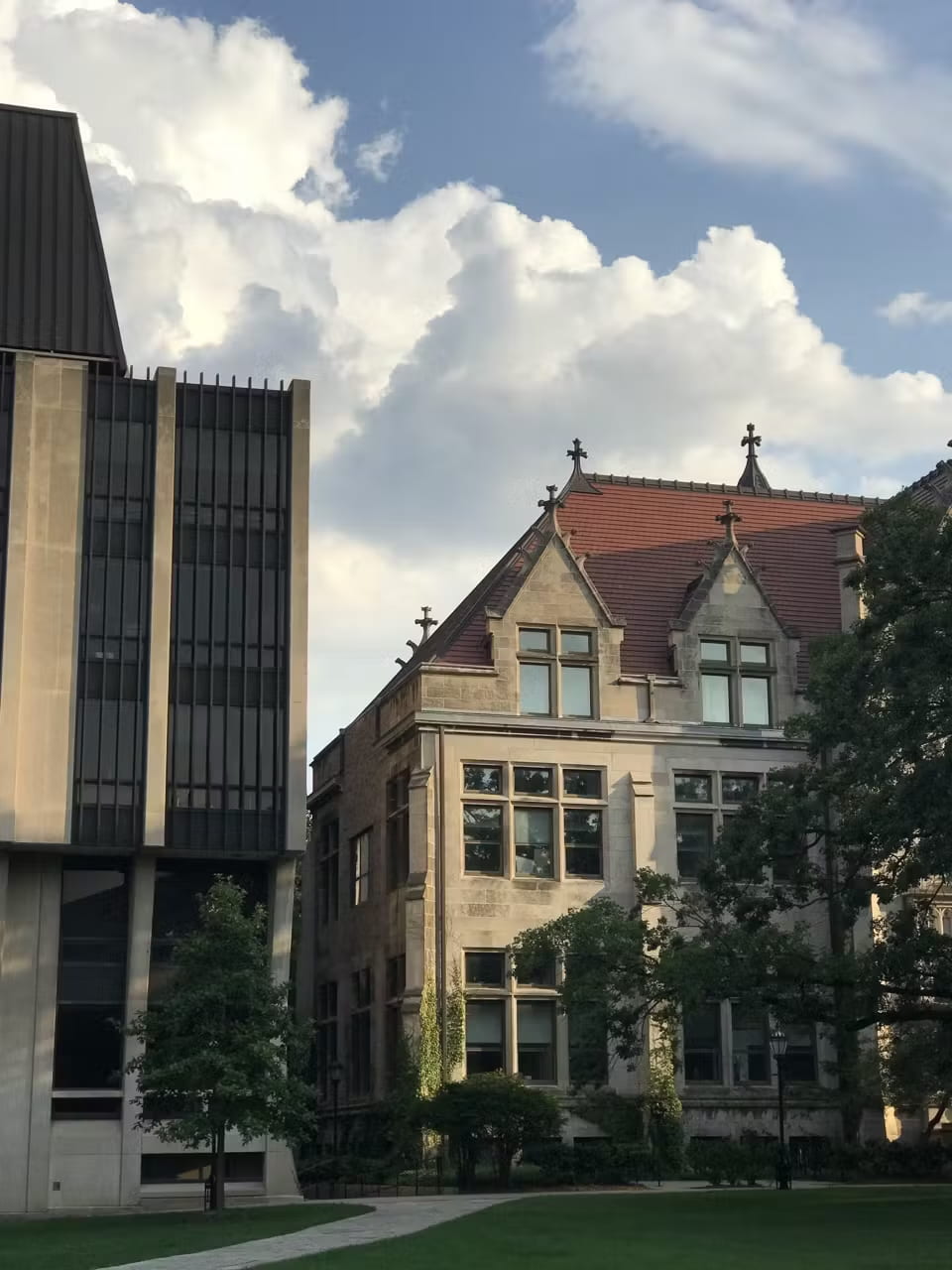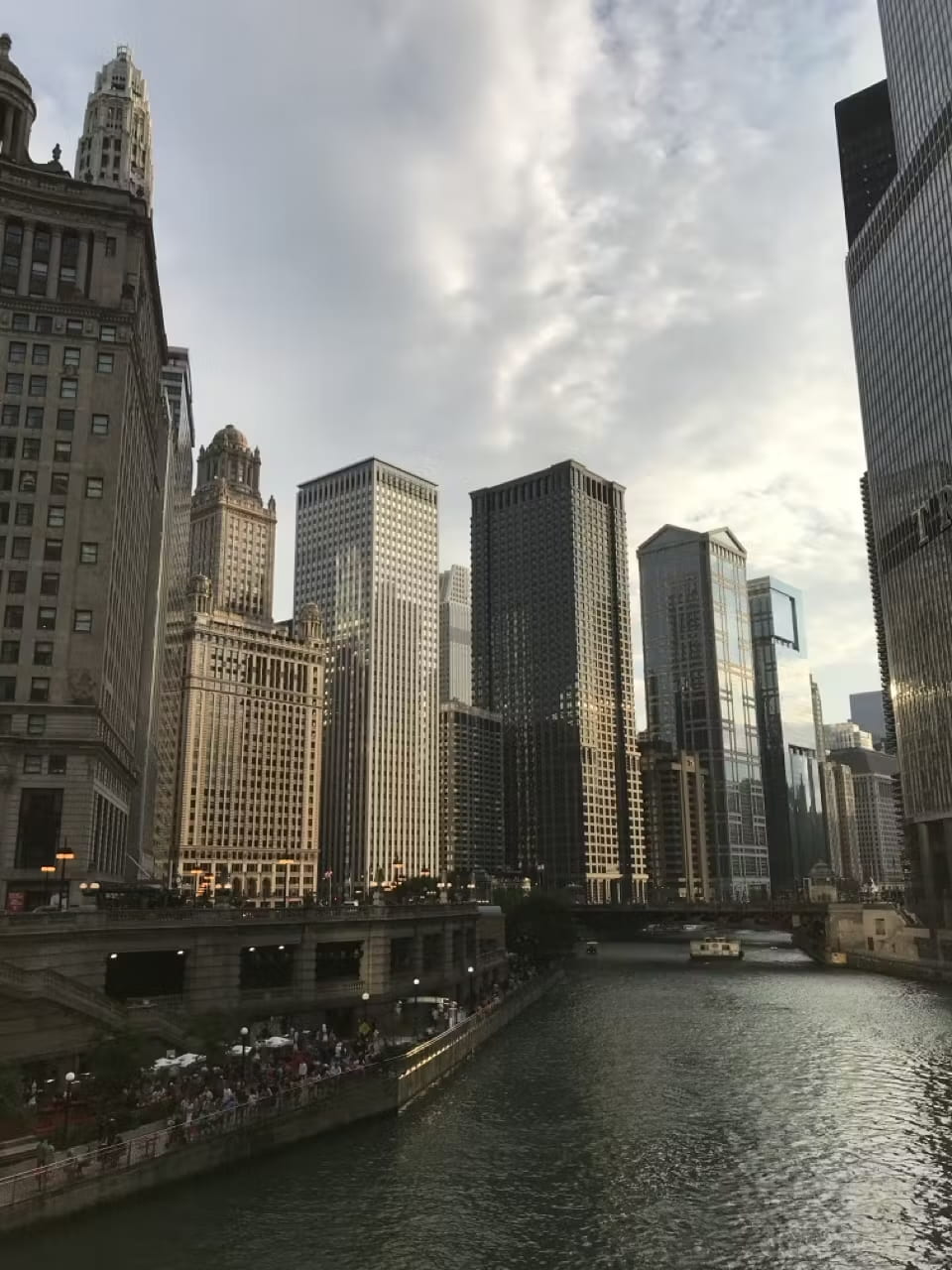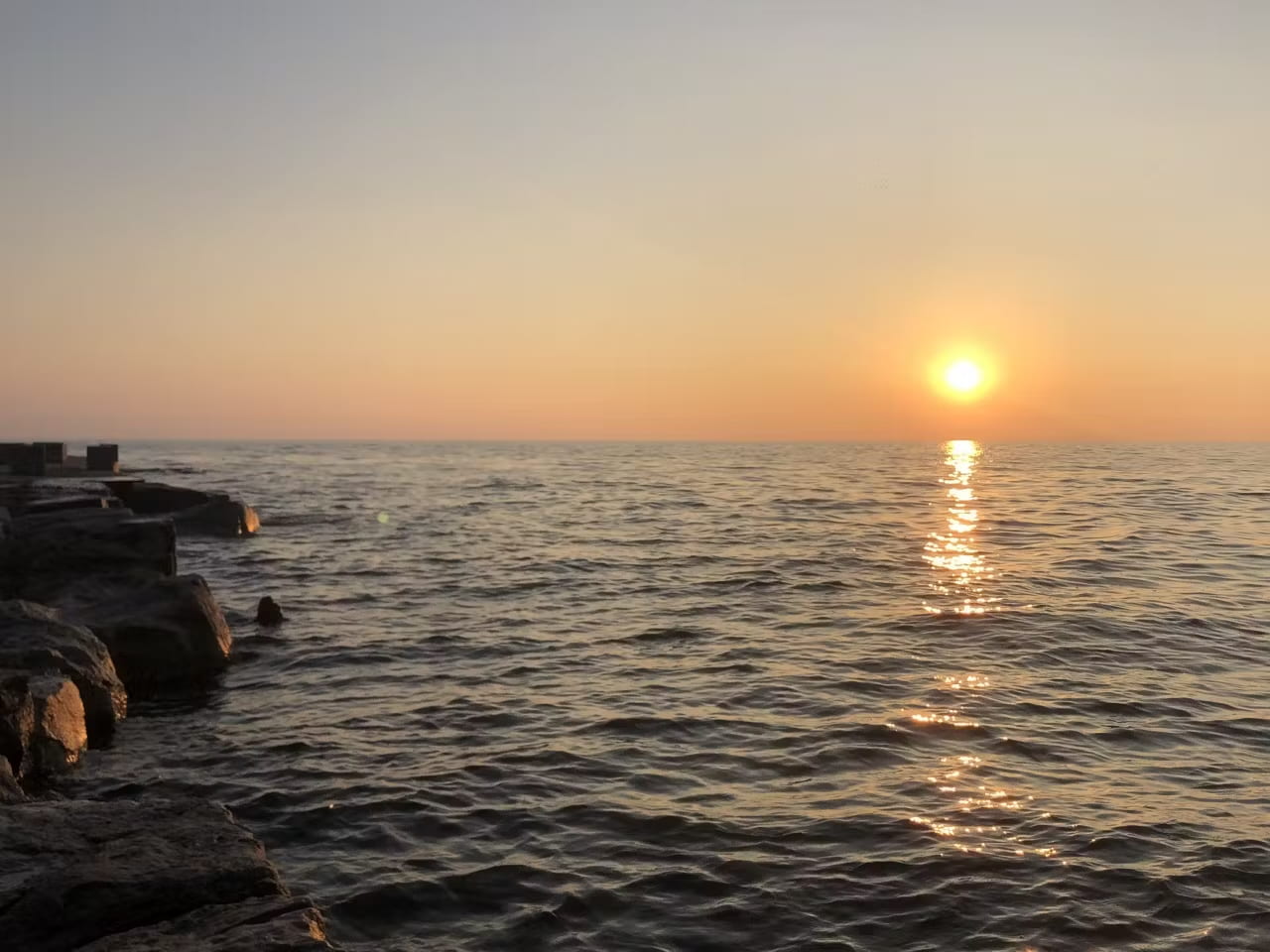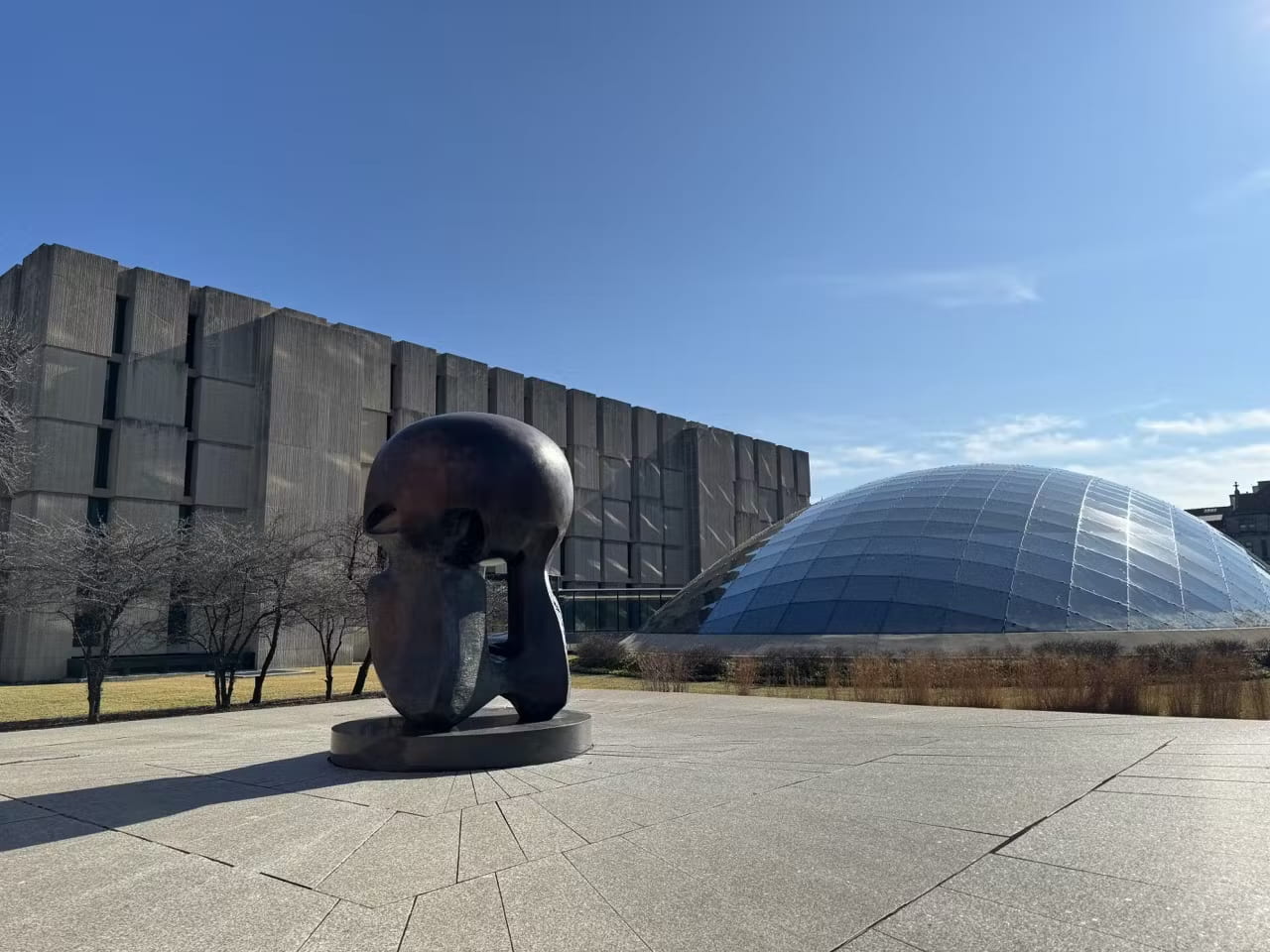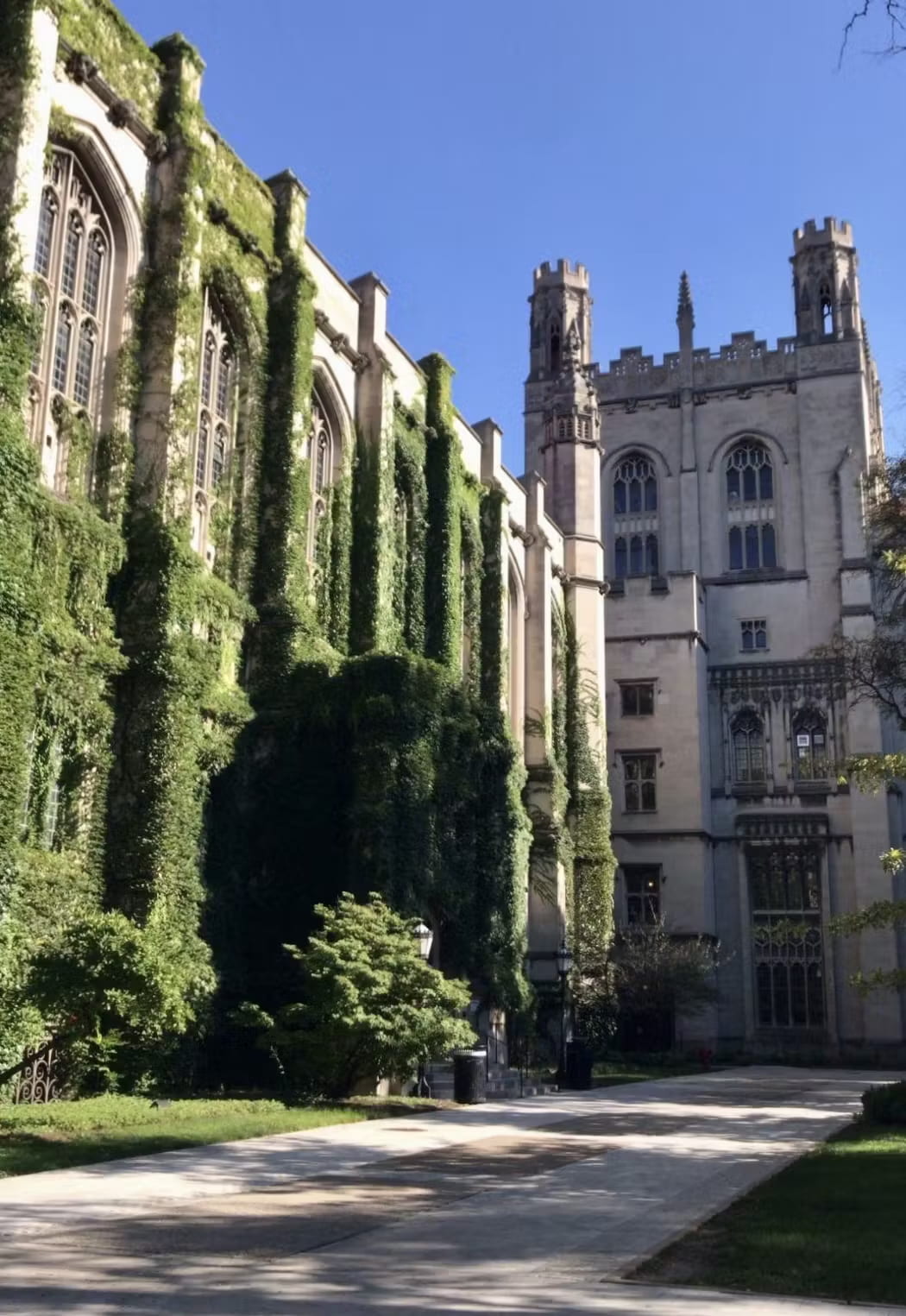SUMMER RESEARCH FELLOWSHIP 2025
The University of Chicago Existential Risk Laboratory is now accepting applications for the 2025 Summer Research Fellowship! We invite motivated undergraduate and graduate students interested in producing impactful, solution-oriented research on emerging threats that imperil global security (such as those from artificial intelligence, natural and engineered pathogens, nuclear weapons, or risk multipliers such as climate-induced migration, critical infrastructure vulnerability, and interstate conflict) to apply to our 10-week, in-person program on UChicago’s campus.
Over the course of the program, fellows undertake an independent or team research project with mentorship support from a domain expert and receive 1:1 support from program staff to identify, develop, and refine their projects. Fellows will also participate in peer review sessions, cohort social events exploring Chicago, research workshops, and guest speaker Q&As.
Program Details
- The program is in-person only and will run for 10 weeks from June 16th-August 22nd, 2025 on the University of Chicago campus.
- Fellows can opt to receive either a $7500 stipend and free on-campus housing and meal plan or $9500 stipend if living off-campus.
- No previous experience or subject background is required, but we prefer applicants with some research experience.
- We are ONLY able to accept fellows with US work authorization, i.e. US citizens, permanent residents, or international students currently studying in the United States (typically on a current F-1 visa). Applications without clear evidence of work authorization will not be considered. We are unable to sponsor visas.
- Fellows are expected to make the program their primary commitment and should not be concurrently working substantial hours in other labs or internships or taking full course loads unless directly relevant to the fellow’s project.
- Fellows may have the opportunity to continue their work with XLab as affiliate researchers depending on their contributions during the summer.
- At XLab, we value collaboration and diverse points of view. We believe the most successful cohorts bring together people from unique perspectives in an inclusive environment, and we encourage people from all backgrounds to apply.
Fellows can expect to work alongside supportive and intellectually curious peers who are committed to leveraging their skills to produce high-impact research that safeguards humanity from emerging threats. Though fellows often come from very different disciplines and work on a wide array of research areas, the summer fellowship’s collaborative and supportive environment allows for participants to challenge themselves and their peers to explore new ideas.
If you are on the fence about applying because you’re unsure whether your background is a good fit, we encourage you to apply anyway. Fellows in years past have had limited exposure to the topic, but were extremely successful nonetheless. To learn more about previous summer fellows and their work, you can view them here.
Applications are due by March 9th, 2025 at 11:59pm in your local time zone. The application should take ~3 hours. Please submit your application using this application form.
If you have any questions, feel free to reach out to mberzak@uchicago.edu or zrudolph@uchicago.edu
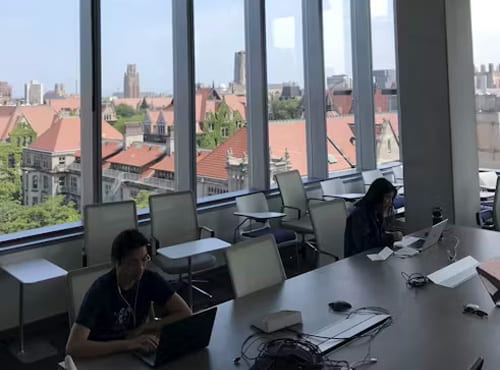
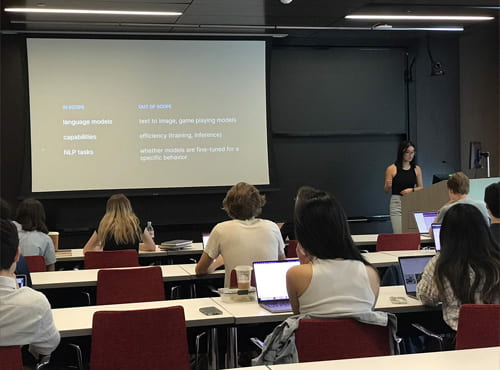
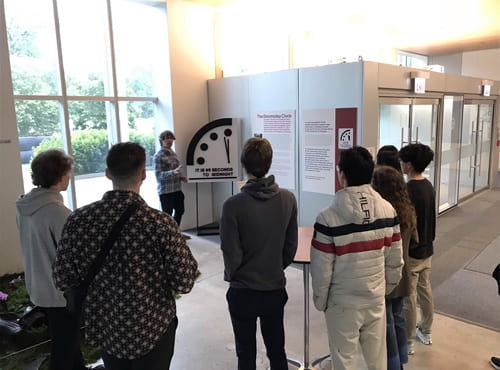
Example Topics
The program is focused on making meaningful contributions through research to mitigate global catastrophic and existential risks. XLab is primarily interested in research that reduces the probability of large-scale events that would result in hundreds of millions to billions of casualties. That said, in past cohorts, the most successful projects have focused on narrow aspects within each risk area. Below are some examples of the kind of work we’d be excited to see more of, and we welcome applications expressing interest in similar analysis. This list is non-exhaustive and is only intended to be illustrative.
- Computing Power and the Governance of Artificial Intelligence
- DecodingTrust: A Comprehensive Assessment of Trustworthiness in GPT Models
- Escalation Risks from Language Models in Military and Diplomatic Decision-Making
- Russian Military Thought and Doctrine Related to Non-strategic Nuclear Weapons: Change and Continuity
- Upgrades To Russia’s Nuclear-Capable Submarine Fleet
- The Operational Risks of AI in Large-Scale Biological Attacks: Results of a Red-Team Study | RAND
- Cryptographic Aspects of DNA Screening
- Data collection and sharing for pathogen surveillance
- Winter-Safe Deterrence: The Risk of Nuclear Winter and Its Challenge to Deterrence
- Seaweed as a Resilient Food Solution After a Nuclear War
TESTIMONIALS FROM PAST COHORTS
1. testing fit in individual research — the research is just a very different experience from anything i’ve ever done (more intensive and more independent), so i think that taught me a lot about how i like to work and what systems work better for me
2. meeting all the other fellows — i previously didn’t really know any friends interested in x-risk or even ai risk because i was so new to it, so meeting people here was really valuable especially since some of them have spent so much time in the field and are just great resources”
